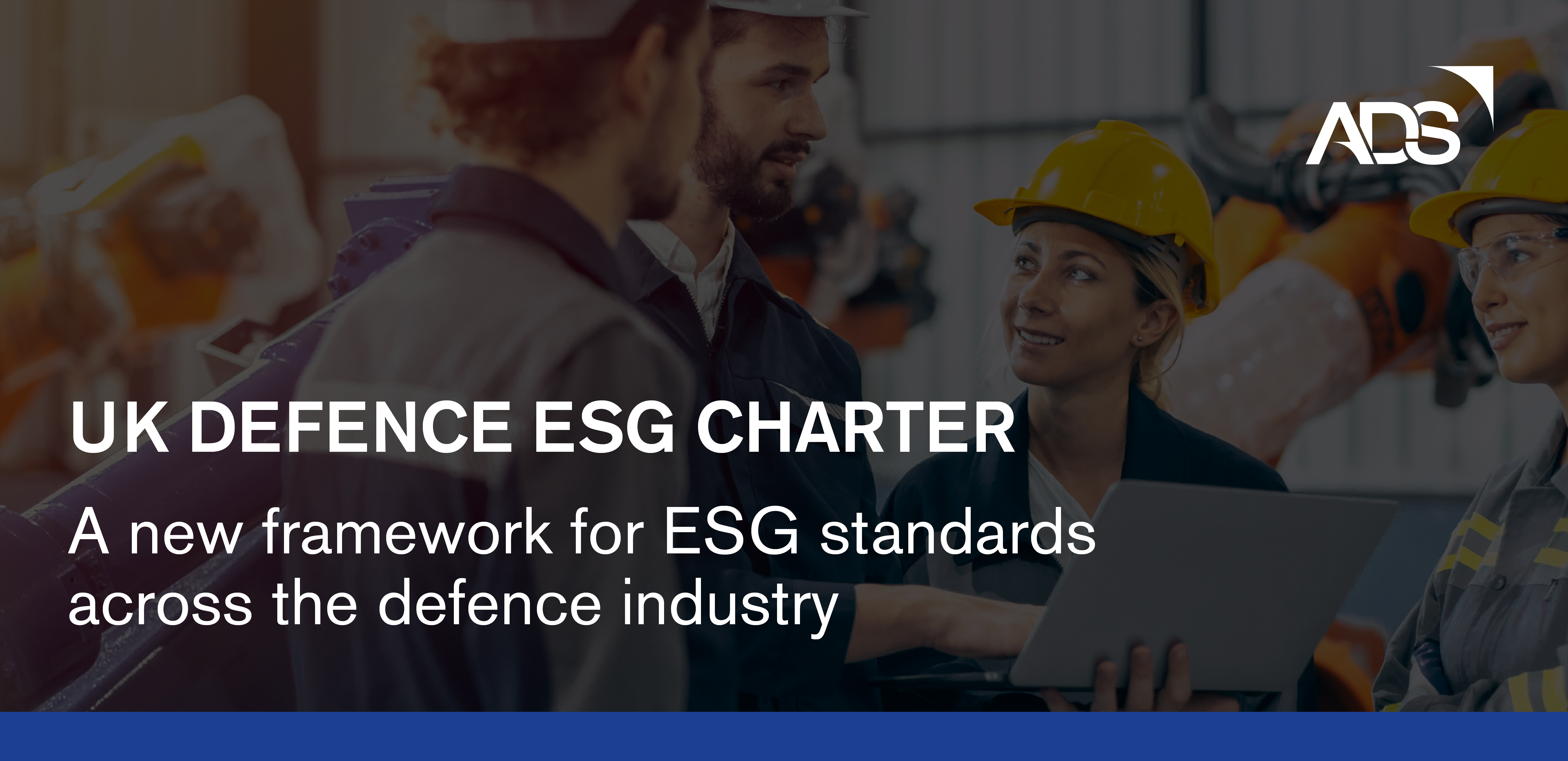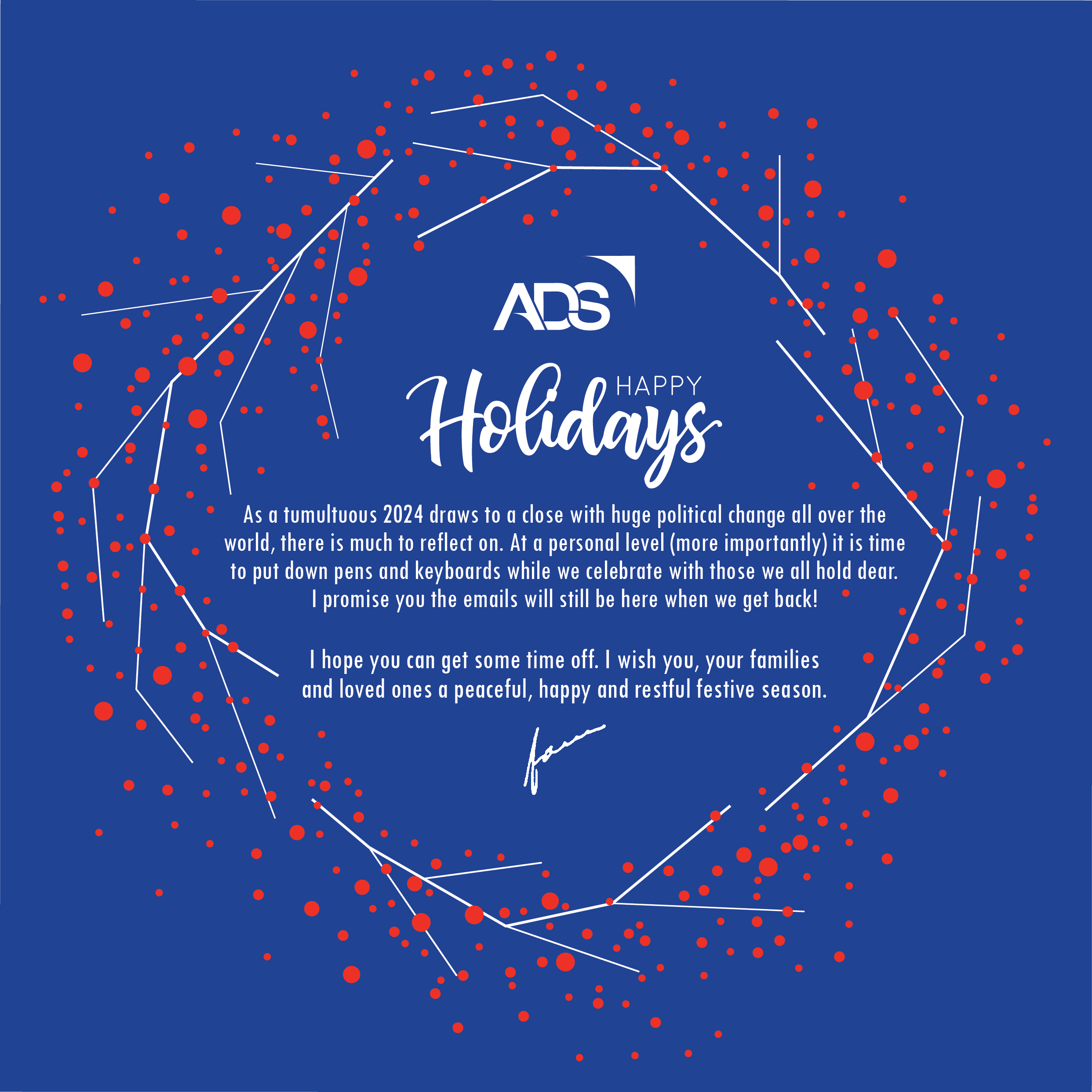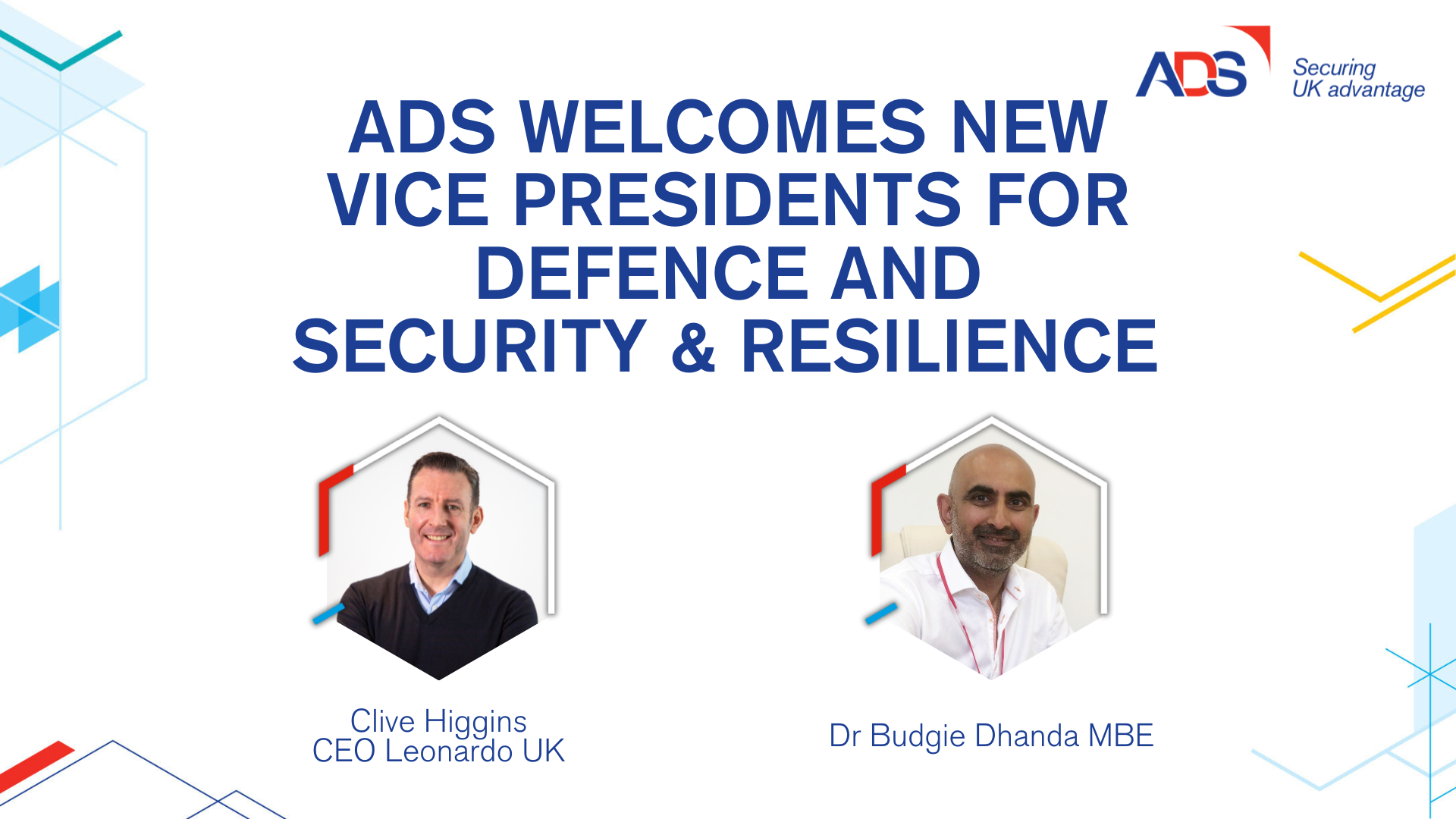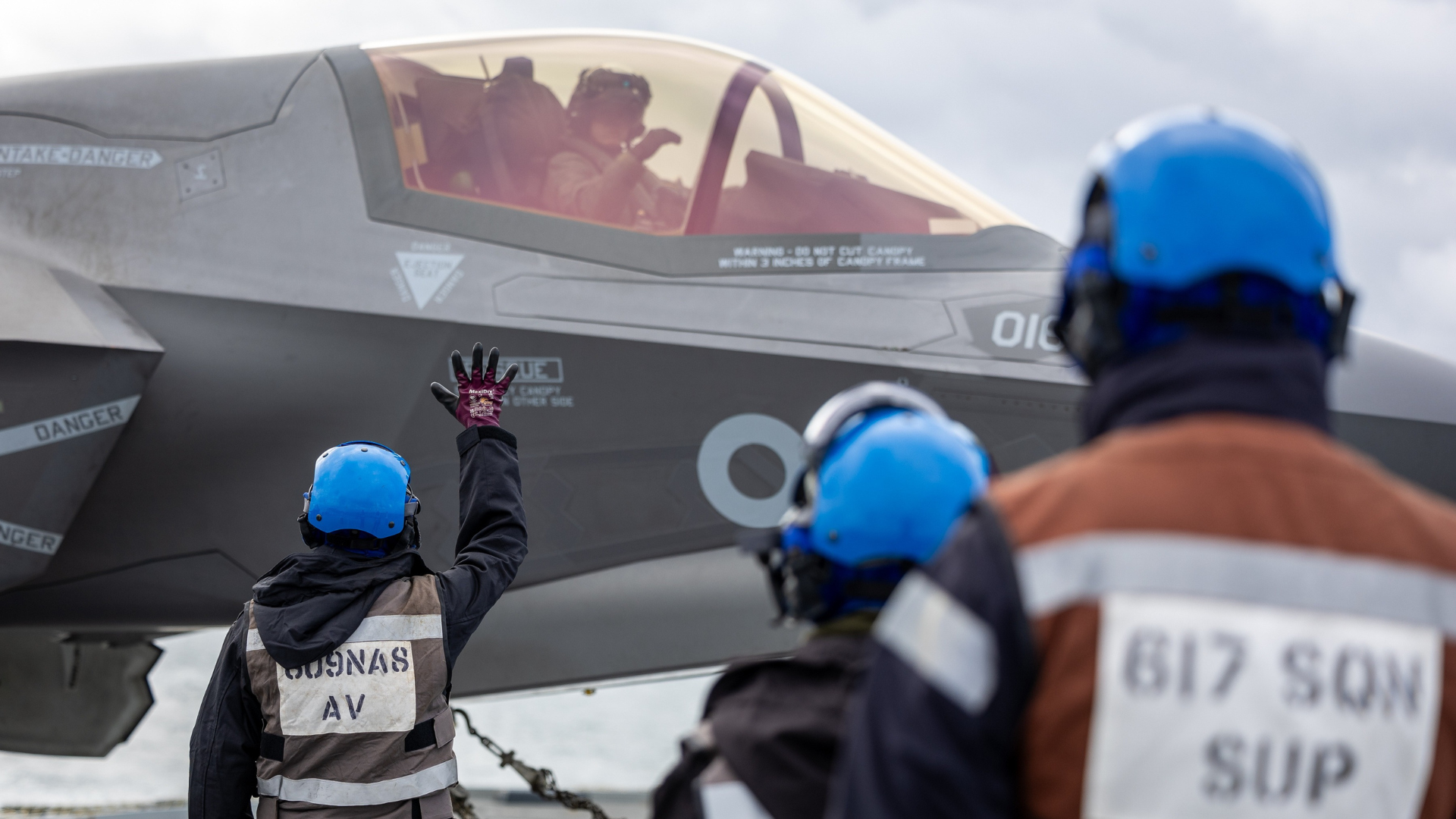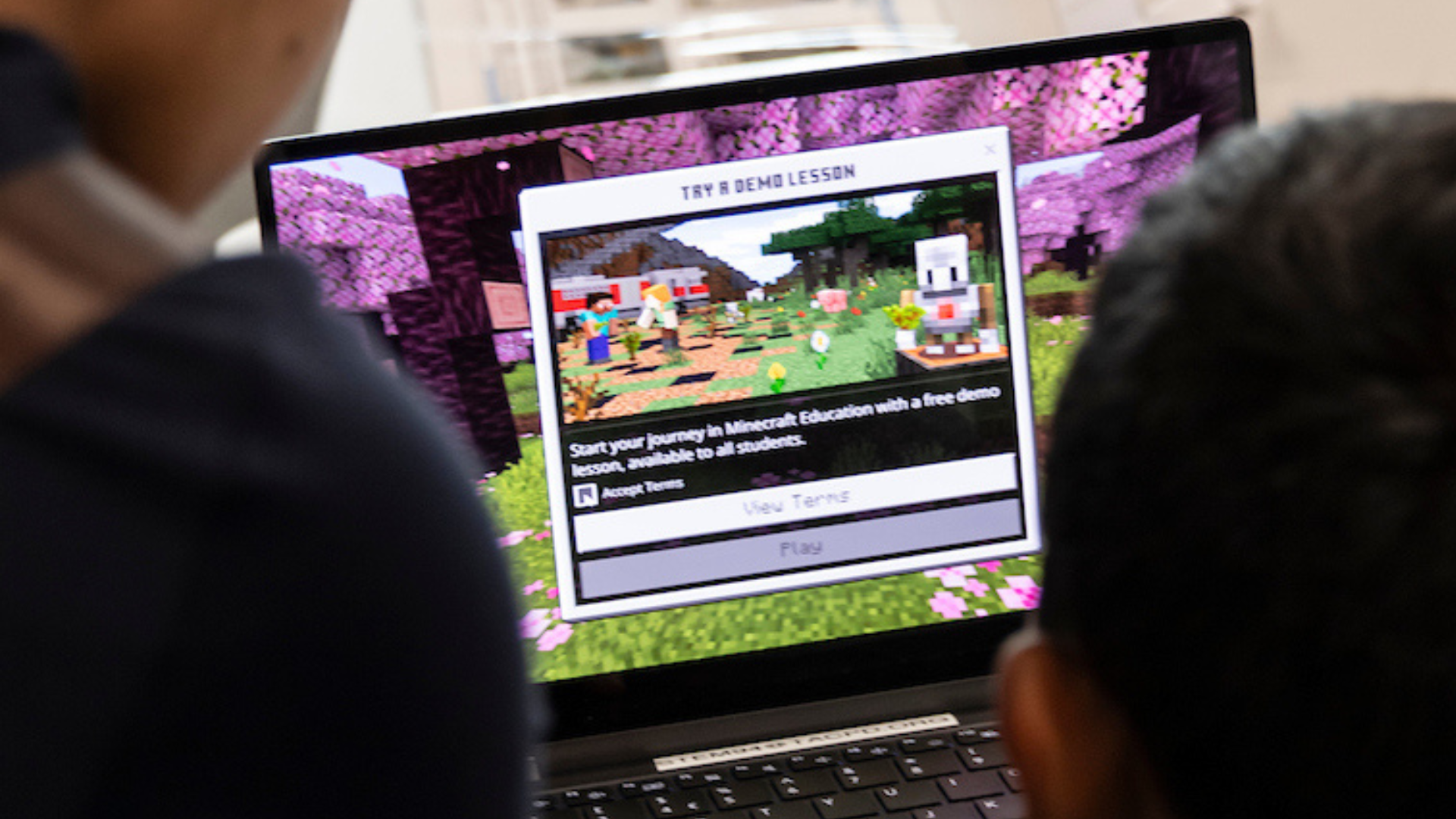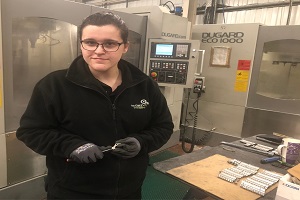
The UK’s Aerospace sector is world renowned for pioneering UK growth and innovation as well as fostering high-tech exports and sustainable growth across the country.
With a £35bn turnover, an export marker of £30bn and directly hiring 123,000 people across the country, including 3,900 apprentices, the UK’s Aerospace sector truly is world leading.
However much like many other engineering sectors, the Aerospace industry faces a challenge in diversity. The launch of the Women in Aviation and Aerospace Charter at Farnborough International Airshow last year has propelled the issue of diversity to the forefront, with organisations signing the charter to pledge an accessible and balanced industry.
To ensure that the UK sector is plugging the skills gap, it’s important that there is a wide pool of talent to remain globally competitive.
One ADS member in Belfast, McGreevy Engineering has recently recruited a new aerospace engineer, Rachel Horan, who noticed the opportunity and applied whilst she was still teaching in England.
Rachel was welcomed to the McGreevy team after completing a nine-week Computer Numerical Control (CNC) Academy, which included a four-week placement within the company.
The CNC Academy provides pre-employment training to individuals to give them the skills needed to prepare them for work as a CNC operator. The CNC Academy was launched by ADS Northern Ireland and Northern Regional College, with support from the Northern Ireland Department for Economy’s Assured Skills programme.
When asked about barriers to her change in career from teaching to engineering, which is often male-dominated, Rachel said:
“For me it’s about ability and capability, gender should not and has not been an issue for me. My experience of the engineering industry so far has been very positive, and I would encourage anyone considering their career options to step outside their comfort zone and explore the possibilities particularly see what engineering can offer.”
It’s positive to see companies taking on a productive role in recruiting people from all different backgrounds and offering them a chance to skill-up. The industry tends to be saturated by male’s as girls as young as five or dissuaded into taking up careers in engineering and manufacturing as they’re seen as being too male dominated. However, with companies like McGreevy Engineering giving the chance for women to enter the industry, they’re opening the industry to be more balanced and accessible.
Rachel finishes with her future outlook to the industry by saying:
“I plan to stay with McGreevy Engineering for the foreseeable future. There is so much more to learn. Maybe one day I can combine my newly acquired skills with my teaching background and help to train the next generation of engineers.”

